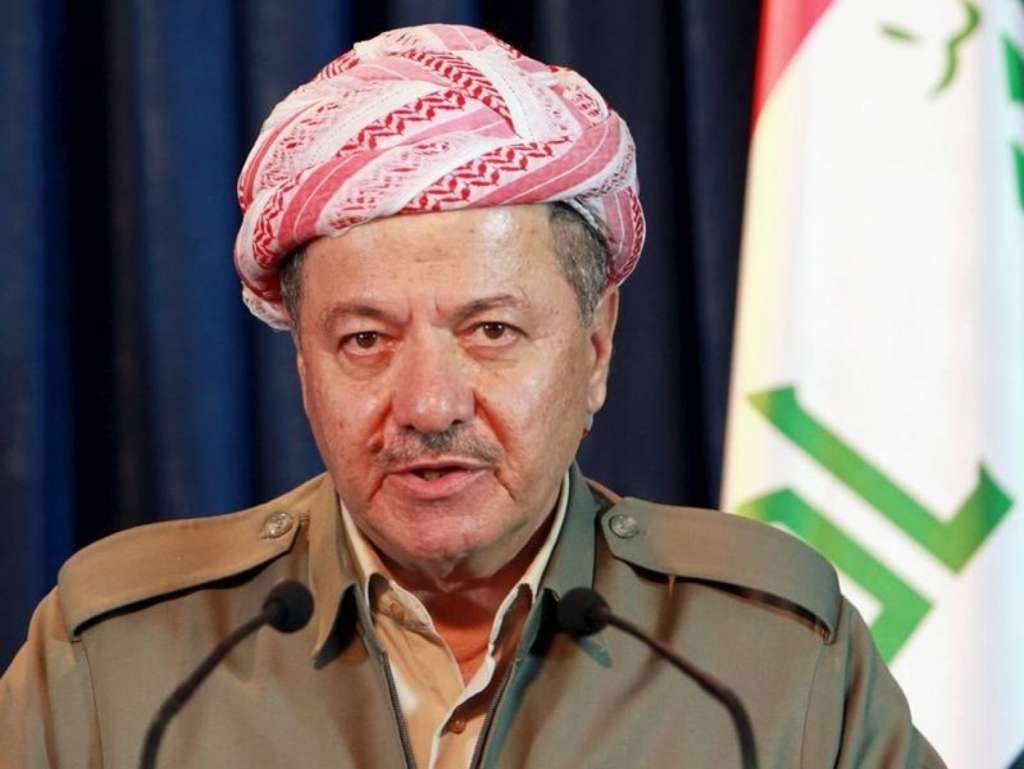Kirkuk- Iraq’s oil-producing region of Kirkuk is cursed for having both wealth and diversity. It lies on oil wells and on the spines of frightened identities.
Its fate has been poisoned by Arab-Kurdish relations for decades and was the first cause behind costly wars.
Erbil can neither retake Kirkuk nor give up on it. For Baghdad, losing this city is unquestionable as this provides the Kurds with “a base to declare a state.”
A few days ago, Kirkuk decided to vote in a referendum on Kurdish independence on Sept. 25, its provisional council decided on Tuesday based on a suggestion by the city’s Governor, Najmuddin Kareem.
And because Kirkuk’s involvement in this unprecedented event in the history of Iraq and the Middle East foreshadows complexities that could turn into a war, Asharq Al-Awsat has visited the province, which is located on the line of contact between different races, nationalities, languages and sects.
Baghdad hastened to reject the idea of holding a referendum within the borders of the Kurdistan region. Its tone rose more when it found out that the referendum would also include “disputed areas, especially Kirkuk.”
Some believe that the referendum in these areas could ignite a confrontation between the Popular Mobilization Forces and the Peshmerga if Iran chooses to frustrate the establishment of a Kurdish entity that insists on staying “outside the Iranian crescent and any other crescent.”
For its part, Turkey opposed the referendum, which appears to be geographically bound while Washington has proposed a postponement.
However, President of Iraqi Kurdistan Region Massoud Barzani has asked for written assurances from Baghdad, Washington, and the United Nations to accept the results of the referendum without hesitation if he approves to postpone the referendum for six more months or one year; it is clear that providing these assurances is impossible.
Fearing the possible repercussions of the post-referendum period and the launching of the Kurdish Brexit, the governor of Kirkuk proposed that the province constitute a temporary territory for four or five years during which normalization and understanding of guarantees for the components and future relations with Baghdad take place.
